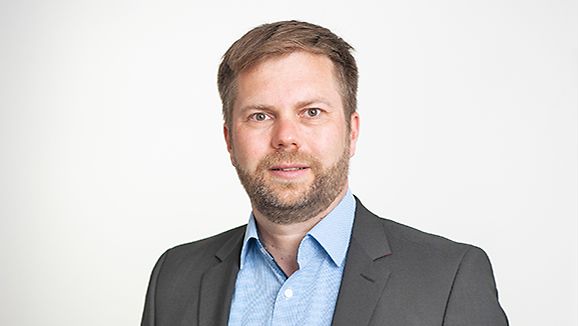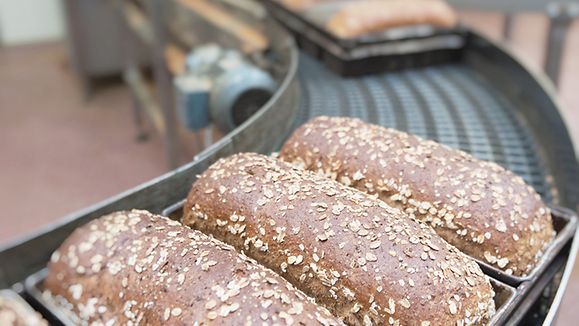Food & Beverages
Food News | March 2022
Germany's food and beverage market has secured its latest unicorn. A number of innovative start-ups are also benefiting from demand for meat- and milk-free food products and restaurant chains continue to expand.
Mar 24, 2022
- Berlin foodtech becomes latest unicorn
- Big Mamma to launch in Summer 2022
- US burger chain meets 2021 target and plans new expansion
- Hamburg start-up develops palm oil alternative
- Emsland Group benefits from milk- and meat-free boom
- Foodtech start-up secures EUR 1.8 million seed funding
- Munich start-up’s sustainable chocolate alternative
Berlin foodtech becomes latest unicorn
Berlin-based foodtech start-up Infarm claims it has achieved unicorn status after its most recent funding round. The urban farming company raised around EUR 178 million from investors including the Qatar Investment Authority, Atomico and private equity firm Lightrock. The new funding is expected to help the company expand into the Asia-Pacific and Middle East regions. The start-up, which grows plants in large-scale facilities before putting them in supermarket glass cases before harvesting, currently operates in 50 cities and 11 countries. Infarm hopes to operate around 100 central plant facilities by 2030.
Big Mamma to launch in Summer 2022
French trattoria operator Big Mamma is set to launch in Germany in early summer. The gastro entrepreneur will open its first trattoria in Munich, with plans to open ten restaurants per year in the next five years. The group currently operates restaurants in 17 locations across Europe.
US burger chain meets 2021 target and plans new expansion
US burger chain Five Guys has announced ambitious expansion plans for the current year having met its 2021 target. The company opened 12 new units last year, bringing its number of outlets in Germany to 31 in total. The franchise operation has identified the next 60 to 70 sites as part of its strategy of opening between 10 to 12 new restaurants each year.
Hamburg start-up develops palm oil alternative
A Technical University of Hamburg spin-off has developed a process using agricultural and industrial waste products to provide a yeast-based mass market alternative to palm oil. Colipi is producing oils and proteins through a natural fermentation process that puts wild type yeast cells to work. The company believes that its circular platform approach and carbon capture and utilization technology allows oil and protein raw materials to be produced with a minimal environmental footprint. The start-up has received public funding since 2021 as part of the Federal Ministry of Economic Affairs and Climate Action “Exist” research transfer program.
Emsland Group benefits from milk- and meat-free boom
One of the world’s largest manufacturers of potato starch has successfully diversified its product portfolio to benefit from the boom in meat-free food products. Refined starch specialist Emsland Group is best known for processing two million tons of potatoes annually. However, since 2018, the company has benefited from the sharp uptake in demand for pea proteins used in meat-free burgers and milk-alternative green legume drinks and shakes. Demand in Germany for animal substitute products topped EUR 375 million in 2020, with the trend showing no sign of abating thanks to 7.5 million vegetarians in the domestic population. The once troublesome pea-protein byproduct is driving company growth as supermarket demand for milk alternatives and pea-based drinks continues to grow. . The company generate turnover of more than 650 million euros annually – 80 percent of which in markets outside Germany.
Foodtech start-up secures EUR 1.8 million seed funding
Foodtech start-up Keen 4 Greens has secured EUR 1.8 million in seed funding as part of its plans to scale up its mycelium production. Mycelium is the vegetative part of a fungus that grows outward in search of water and nutrients. The start-up has succeeded in cultivating the mycelium of an edible mushroom in a self-developed bioreactor for vegan food production. The development allows the company to be more independent of the wheat and pea-protein market while producing a real vegan alternative for use in meat-free burgers and other products.
Munich start-up’s sustainable chocolate alternative
Munich start-up Qoa has produced the world’s first 100 percent cocoa-free chocolate alternative. The company claims that Qoa is ten times more sustainable than conventional chocolate with no loss in flavor. Investors raised EUR 5.2 million in seed funding for the project that makes use of food industry by-products – from oat and grain production – that are fermented with special microorganisms and then roasted.

